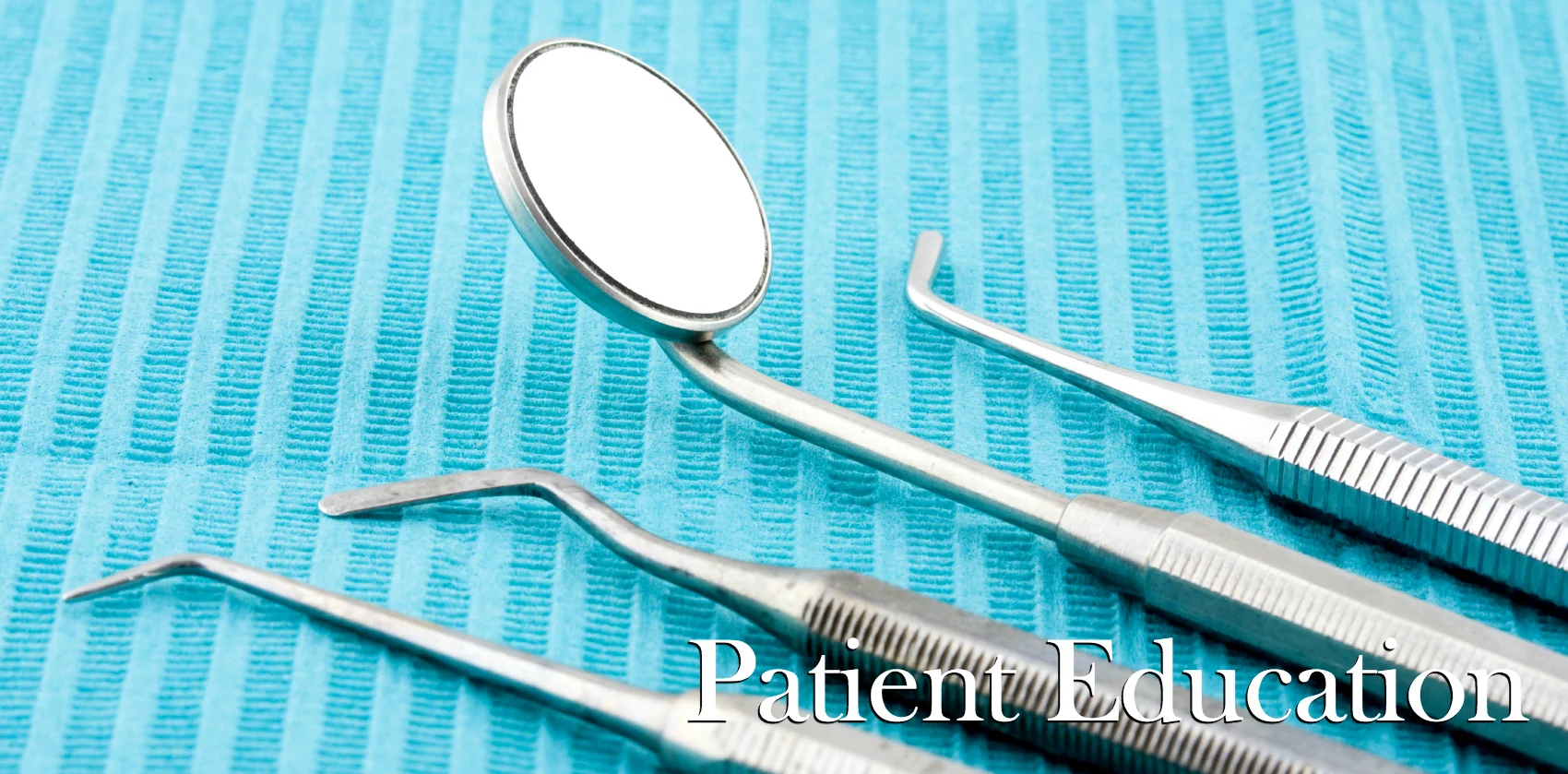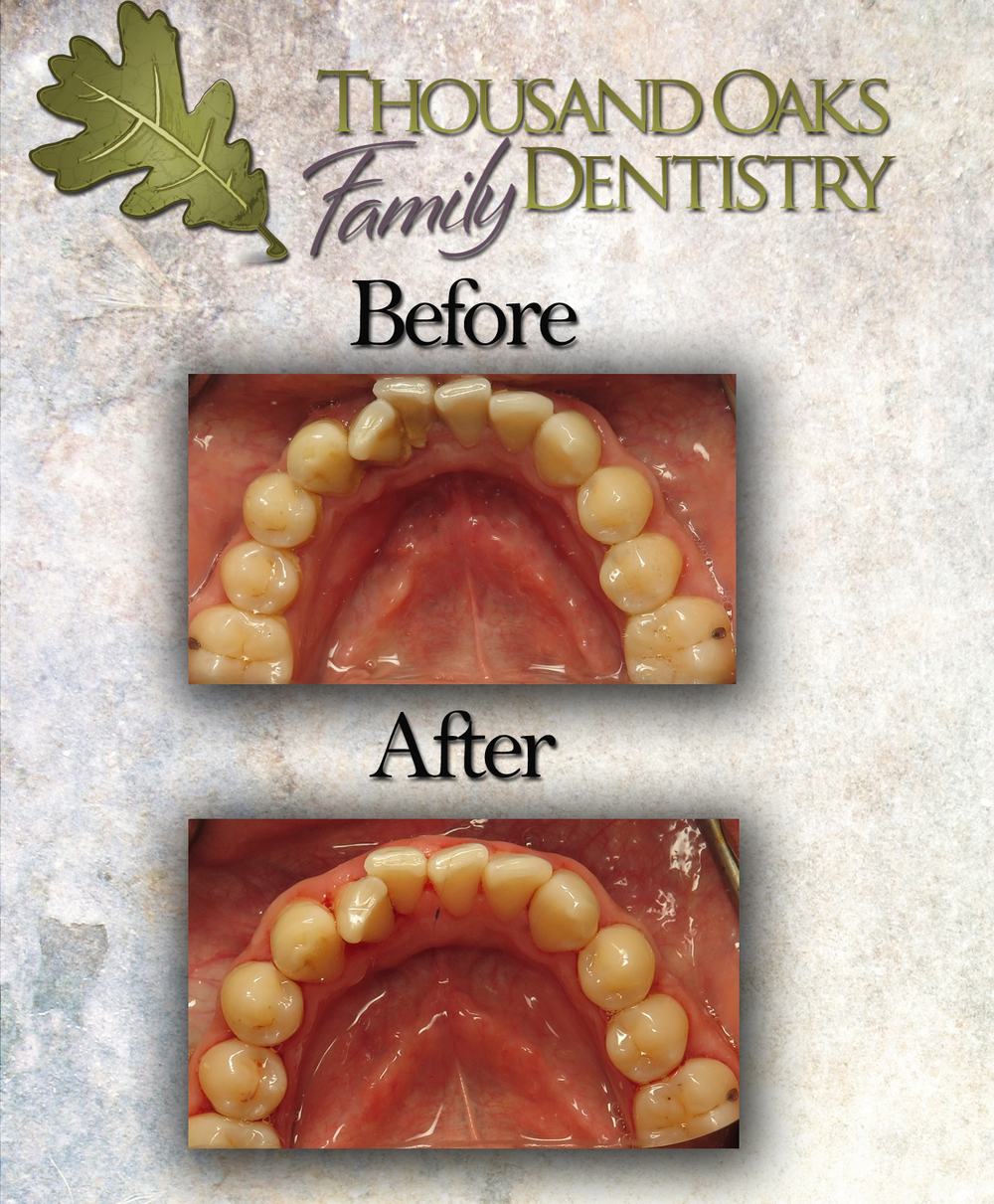Coffee: possibly the most widely consumed non-alcoholic beverage other than water. With about 400 million cups drank EACH DAY, it is difficult to deny it's importance in our daily routines. As you probably know (or experienced), the dark pigments in this drink can cause discoloration or yellowing of the dental enamel. Beyond the cosmetic concerns, can coffee consumption harm your teeth? While it is difficult to give a definitive yes or no, there are some considerations you should take when going back for your next cup of joe.
As a reminder, anything you eat or drink other than water has the potential to demineralize enamel and start the tooth decay process. Black coffee has a pH of about 5, meaning it is acidic enough to weaken enamel and cause initial decalcification. However, coffee has no carbs or sugars and thus cannot fuel the cavity-causing bacteria. The problem arises when sugar, cream, milk or other products are added to your beverage. Even something non-sweet like skim milk has the carbs necessary to feed bacterial growth and cause new decay.
Are we suggesting you quit drinking coffee cold turkey? Of course not! Still, there are ways you can adjust your consumption to better protect your teeth. Keep in mind that its not the amount, but the duration of carbohydrate consumption that determines tooth decay. Try to limit your coffee drinking sessions to set time frames, rather than sipping on one or two cups all morning. Swishing with water after drinking can help too, and protects against further staining!
At Thousand Oaks Family Dentistry, we know that creating good dietary habits is a moving target. We are always here to help you make great choices in protecting and improving the health of your teeth. If you would like to know more about tooth decay, how to protect your teeth or any other dental topics, please give our office a call!










